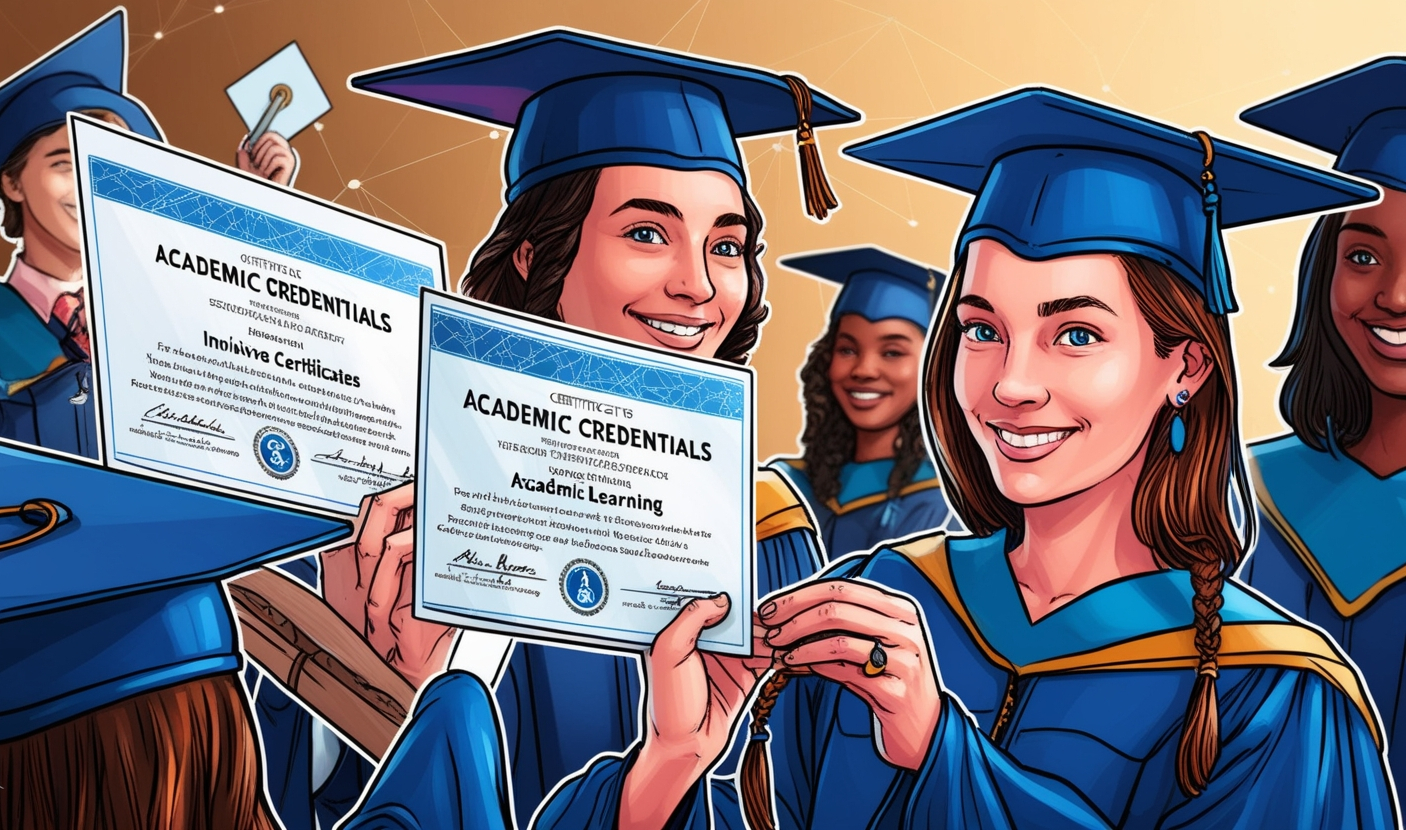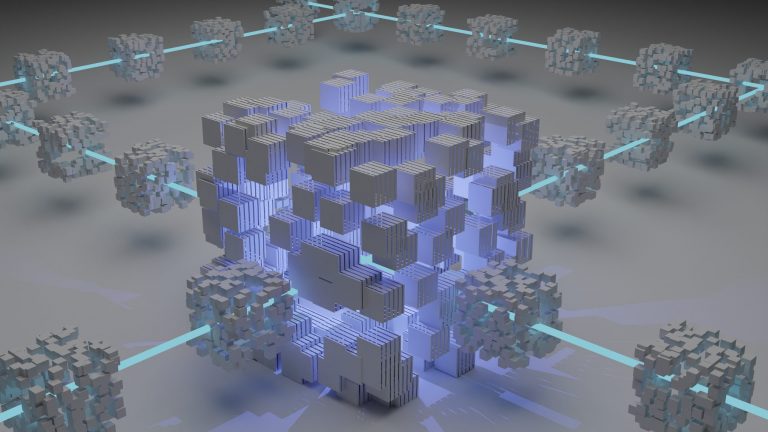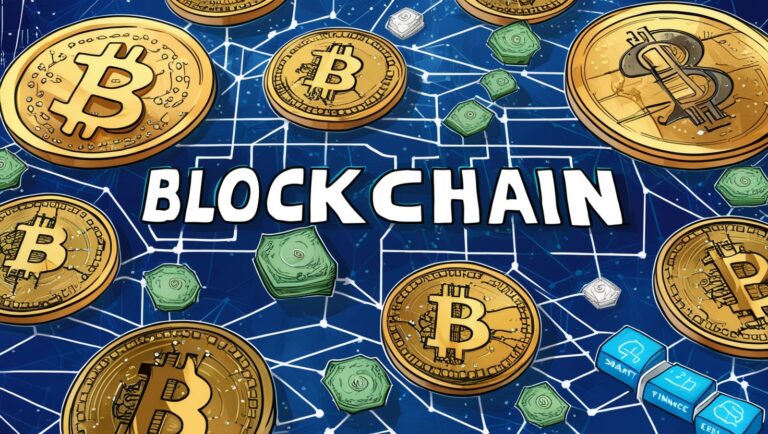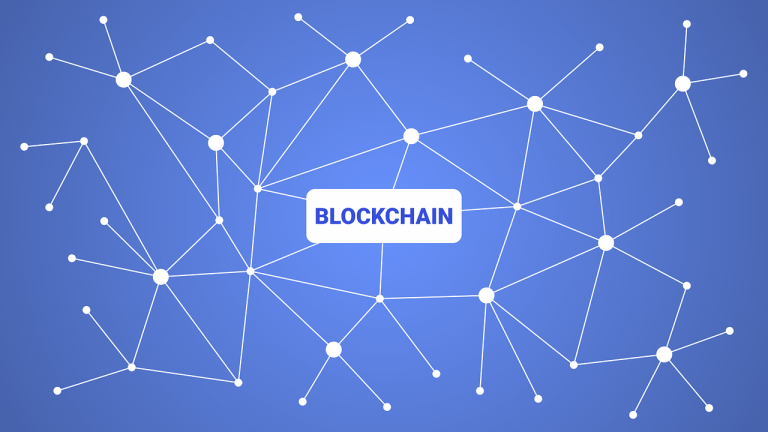Transforming Education: The Impact and Potential of Blockchain Technology

Blockchain technology is making significant strides in the education sector, offering innovative solutions to enhance transparency, security, and efficiency. From verifying academic credentials to incentivizing learning, blockchain is poised to transform the way we approach education.
Verifying Academic Credentials
One of the most impactful applications of blockchain in education is the verification of academic credentials. Traditional methods of verifying diplomas and transcripts can be time-consuming and prone to fraud. Blockchain provides a secure and immutable ledger where academic records can be stored and easily verified by employers and institutions. This ensures the authenticity of credentials and simplifies the verification process.
Secure and Transparent Record Keeping
Blockchain offers a secure and transparent way to manage student records. By recording academic achievements, attendance, and other important data on a blockchain, educational institutions can ensure that records are tamper-proof and easily accessible. This enhances trust and accountability in the education system.
Incentivizing Learning
Blockchain can be used to incentivize learning through the use of cryptocurrencies and tokens. Platforms like BitDegree offer tokenized scholarships and rewards for course completion and academic achievements. This gamification of education motivates students to engage more actively in their studies and achieve better results.
Personalized Learning
Blockchain supports personalized learning by providing a decentralized platform where students can access customized educational resources. Smart contracts can be used to create personalized learning plans and track student progress. This ensures that each student receives the support they need to succeed.
Enhancing Collaboration
Blockchain can facilitate collaboration among students, teachers, and institutions. By providing a transparent and secure platform for sharing resources and information, blockchain enhances academic collaboration and fosters a more connected learning environment. This can lead to improved educational outcomes and a more cohesive academic community.
Protecting Intellectual Property
Blockchain can help protect the intellectual property of educators and researchers. By recording the creation and usage rights of educational content on a blockchain, educators can ensure that their work is properly attributed and protected from unauthorized use. This encourages the creation and sharing of high-quality educational resources.
Blockchain technology holds immense potential to transform the education sector by enhancing transparency, security, and efficiency. As more educational institutions adopt blockchain, we can expect to see innovative applications that improve the learning experience and ensure the integrity of academic records. The future of education looks promising with blockchain at its core.





